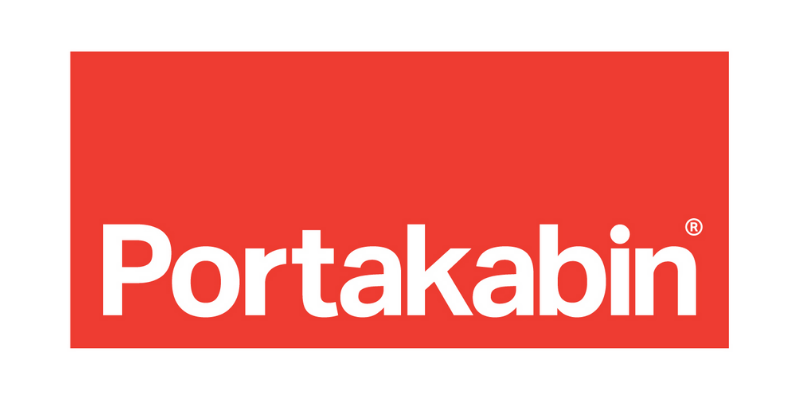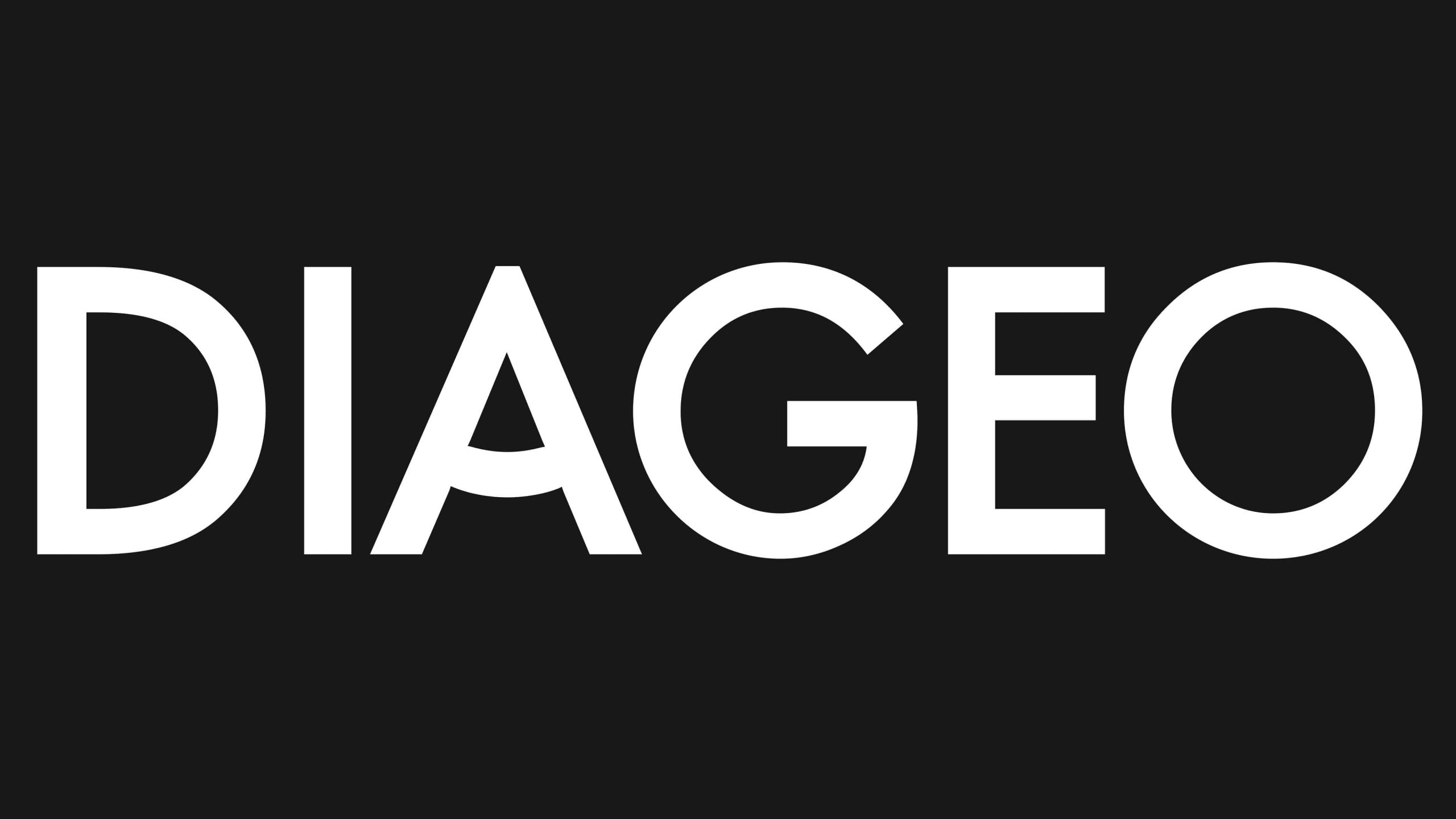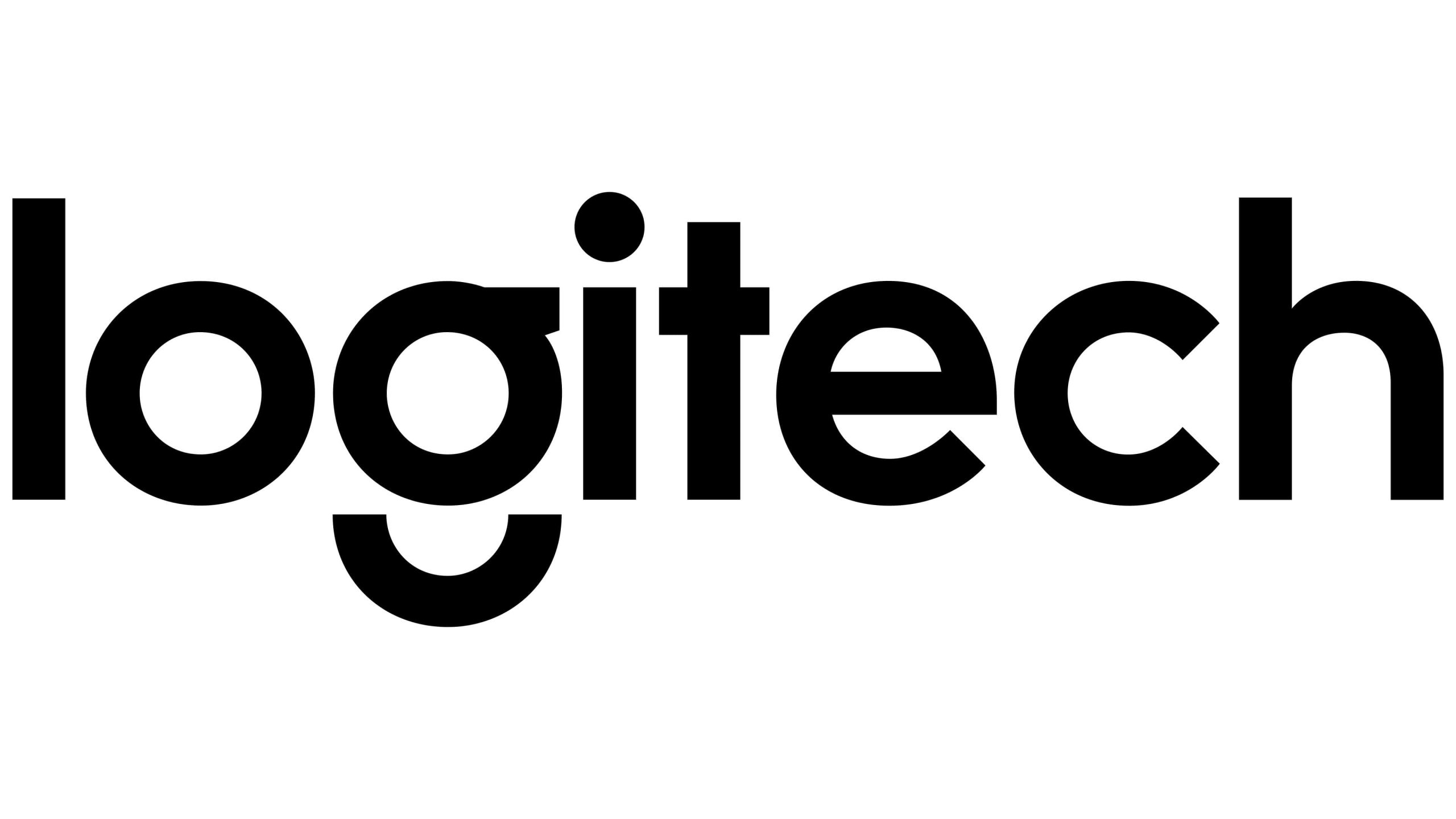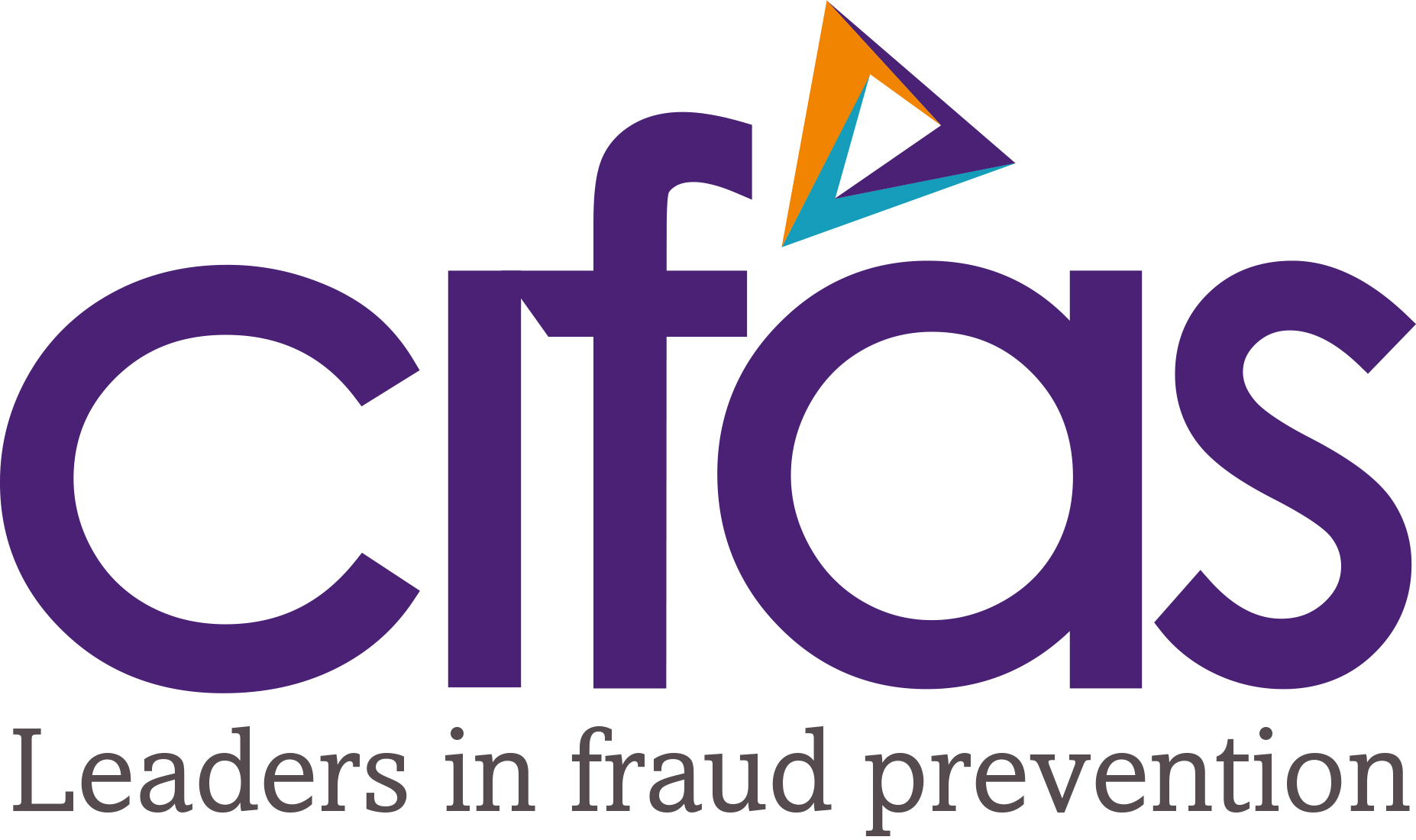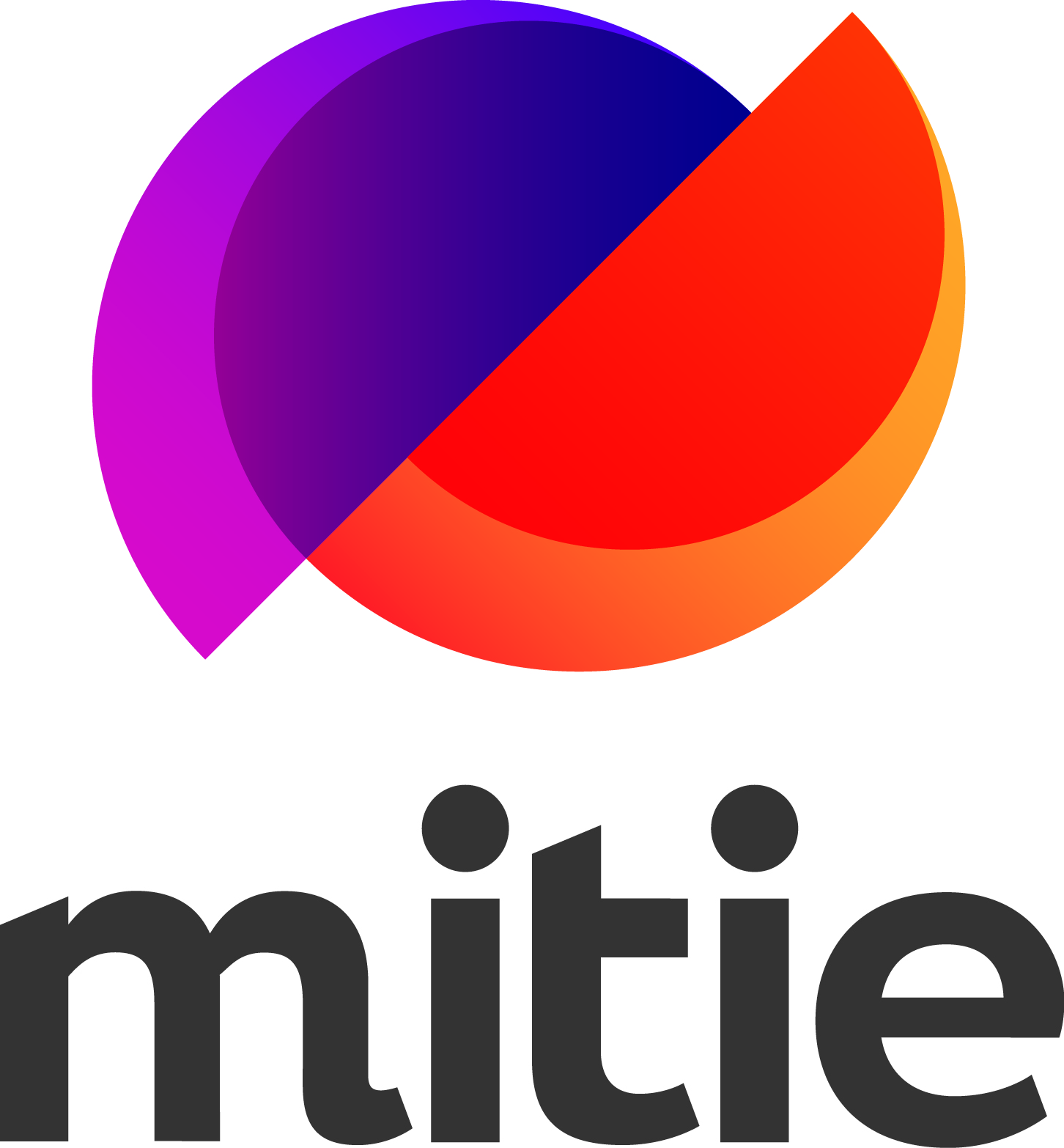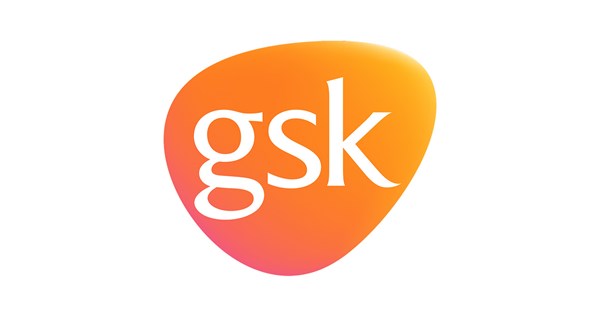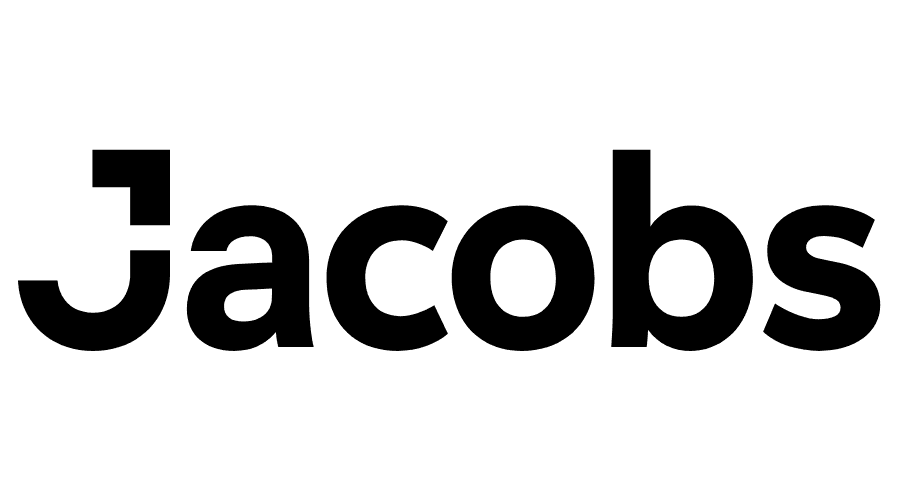
AI agents are going to be the next big thing.
They are quickly becoming one of the most practical and transformative applications of artificial intelligence in business. These autonomous or semi-autonomous systems can perform tasks, make decisions, and continuously learn from interactions—offering new ways for companies to drive efficiency and deliver value.
But how should organisations think about implementing them?
Internal Use: Driving Operational Efficiency
Internally, AI agents can automate repetitive tasks, streamline workflows, and support employees with real-time insights. Whether it’s an HR assistant helping employees book time off, a finance bot that reconciles expenses, or an AI agent that assists software developers with code generation—these tools can unlock significant time savings and reduce human error.
Companies should begin by identifying high-volume, rules-based tasks and explore how AI agents could either augment or replace manual processes. Importantly, implementation shouldn’t be tech-first—it should be business-needs-first. Start small, measure impact, and scale thoughtfully.
USE CASE
One of our CEO members used NotebookLM (Google) to create an AI agent internally. His company uses a fairly complex software and employees often get stuck on how to use it for more advanced tasks. He started by creating a private LLM, uploaded the 1200 pages installation instruction manual and instructed it to only use videos from the YouTube channel dedicated to using this particular software. Within minutes, his team were able to ask questions on how to perform certain tasks. They didn’t need to Google it or watch a long video. The answer is now instant.
External Use: Enhancing Customer Experience
Externally, AI agents can transform how businesses engage with customers. Think beyond the chatbot. AI agents today can manage entire customer journeys—resolving support queries, making personalised product recommendations, or even helping users complete complex tasks like applying for loans or booking travel.
The key is to design these experiences with empathy and transparency. Customers should always know when they’re speaking to an AI, and have an easy path to a human when needed. Done well, AI agents can create faster, more consistent, and more personalised customer experiences.
USE CASE
I used ChatGPT Agent mode to find my next holiday. I was specific with the prompts (i.e. I only want to fly on these dates, show me only direct flights with British Airways, this is the hotel standard I want (Belmond standard without the Belmond pricing! Ha!), and that it has to be Italy. I then watched it trawl through various websites, selecting the dates that I want. Yes it took a bit of time, but I was happy with the result, I didn’t need to check multiple websites myself. So I’m now off to the Amalfi coast next week. Ciao!
For most businesses, implementing AI agents is not that simple. They aren’t a plug-and-play solution—they require thoughtful design, strong data foundations, and clear governance. But for companies willing to invest, they offer a powerful lever for productivity and customer satisfaction.
A Note to Leaders: Have You Really Used AI Yet?
I wonder how many C-suite leaders or board members have properly used generative AI. My guess is that most have played around with it—asked a few questions, seen some clever outputs—but haven’t yet explored its true potential.
So if you’re reading this and haven’t properly used tools like ChatGPT, think about a clear use case. Start small. And have a go. You’ll likely be pleasantly surprised at how good the result will be—and it might just change how you think about what’s possible in your business.




























